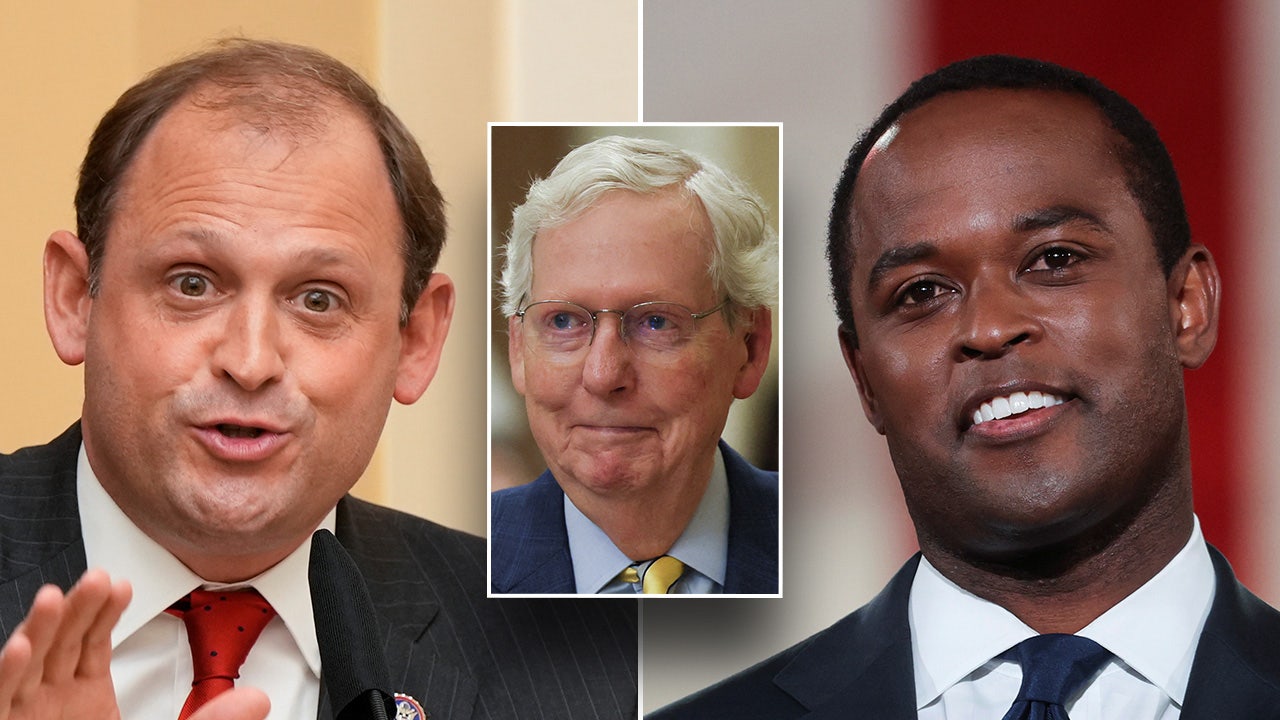WASHINGTON — Tech billionaire Elon Musk is not officially an employee of the Department of Government Efficiency (DOGE), but is still overseeing its operations as a senior adviser to President Trump, the White House argued in a court filing this week.
The Tesla and SpaceX founder is currently considered a special government employee who can “advise” and “communicate” Trump’s orders, Office of Administration Director Joshua Fisher wrote in a signed declaration filed in Washington, DC, federal court.
Those include recommendations for DOGE cost-cutters and other employees in the executive branch, a White House spokesperson told The Post — despite Musk, 53, not being the non-governmental department’s administrator.
“Mr. Musk has no actual or formal authority to make government decisions himself,” Fisher said, likening his status to that of former President Joe Biden’s senior adviser Anita Dunn.
DOGE is a “component” of the Executive Office of the President, Fisher added, without providing the name of an administrator.
The president tapped Musk in November to “provide advice and guidance from outside of Government” at DOGE, along with since-departed co-chair Vivek Ramaswamy.
Trump, 78, had billed the effort as a “Manhattan Project” to “dismantle Government Bureaucracy, slash excess regulations, cut wasteful expenditures, and restructure Federal Agencies.”
Since then, the tech mogul’s team has run roughshod over officials at the Treasury Department and the US Agency for International Development (USAID), while canceling grants to left-wing organizations from the Department of Education and performing audits on the Department of Labor and other agencies.
Trump has said that Musk only reports to him and will be targeting the Pentagon next — even as the duo have accused critics of trying to drive them apart by stoking controversy about the extent of the tech titan’s influence.
Fisher’s declaration was in response to a lawsuit brought by 14 Democratic state attorneys general against DOGE, claiming Musk and his army of engineers tasked with trimming federal spending were exercising “unchecked power.”
The suit, filed in DC Feb. 13, alleges that Musk’s authority requires Senate confirmation under the Constitution’s Appointments Clause.
US District Judge Tanya Chutkan, who is presiding over the case, is currently weighing an emergency request from the blue states to bar Musk from exerting further control over the federal government.
DOJ lawyer Joshua Gardner emphasized in a Monday hearing before Chutkan that DOGE-directed budget cuts have been executed by agency heads and other federal employees — not Musk or his minions.
Dunn, who served as a White House adviser to Biden, was never confirmed by the Senate, either — but her level of power was obscured to a far greater degree, critics have charged.
As a special government employee, Dunn was exempt from filing financial disclosure forms between January and August 2021, CNBC first reported, and again for a brief stint in March 2022.
Upon being officially appointed in May 2022, Dunn finally released her financial records, which showed her netting $738,715 as managing director of the Democratic consulting firm SKDK while also repping major corporations like AT&T and Pfizer.
The White House ordered Dunn to subsequently divest holdings valued between $16.8 million and $48.2 million and recuse herself from government matters involving SKDK clients.














